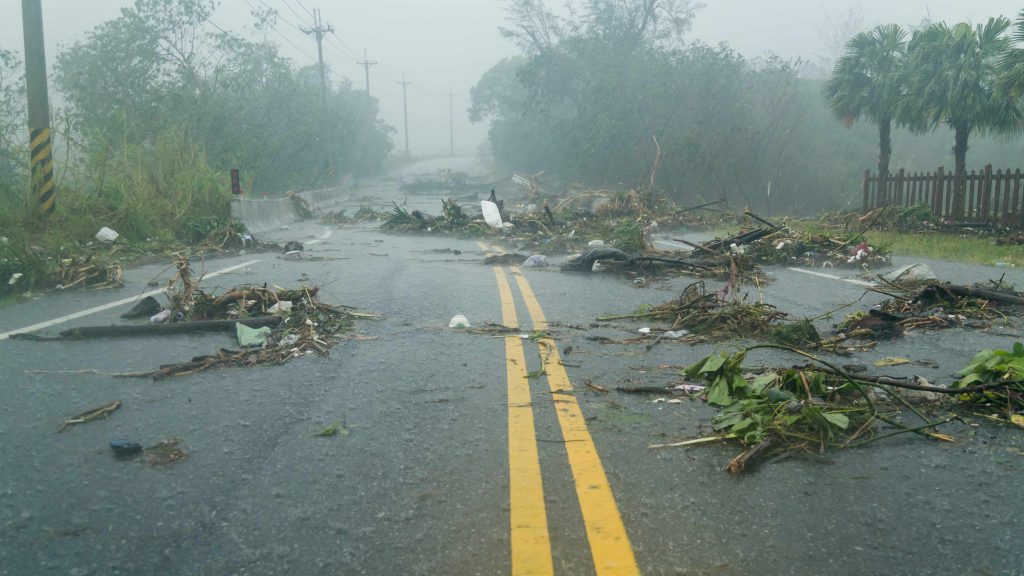-
Health & Wellness
Safety after the storm

Hospital emergency departments may see an uptick in people who have injuries, now that Hurricane Zeta has made landfall and is moving across the southern portion of the U.S.
Dr. Michael Boniface, a Mayo Clinic emergency medicine physician, says there are a few safety reminders for residents, in the aftermath of the storm.
"Floodwaters and standing water are the biggest contributors to injury, illness and death following a storm," says Dr. Boniface. "There's a lot of additional water, and it's important to avoid floodwaters and any standing water." Aside from a risk of drowning, Dr. Boniface says it's often hard to see what's beneath the surface.
He also says chainsaw wounds are among the injuries that spike during storm cleanup. "Skin lacerations and punctures are common, as are injuries caused by falls," says Dr. Boniface.
Dr. Boniface says you can protect yourself during storm recovery by dressing appropriately. "This includes long-sleeved shirts, thick leather work gloves if you're going to be working, and picking up and cleaning up debris," he explains.
Wear closed-toe shoes, use a mask in areas where dust or mold may be present, and spray on insect repellent. And to avoid carbon monoxide poisoning, only run generators outside in well-ventilated areas.
Another safety measure to consider is staying hydrated. Drinking enough fluids, especially water, can prevent dehydration and heat illness while doing the strenuous work involved in hurricane recovery.
The early stages after the storm may mean lack of water and electricity. Without power, refrigerated food may spoil, putting people at risk of a foodborne illness like salmonella.
Without access to clean water, Dr. Pritish Tosh, a Mayo Clinic infectious diseases specialist, says, "Bacterial risks increase for E. coli, Shigella, other types coliform bacteria — things that normally you would see in stool and can cause diarrheal diseases. In an aftermath of a natural disaster, such as a hurricane, people may be tempted just to drink whatever water they get their hands on, assuming it's safe or not knowing what the consequences could be."
If bottled water is not available, Dr. Tosh says one minute of a roiling boil is sufficient to kill bacteria in water.
Learn more from the Centers for Disease Control and Prevention.
Related Articles







